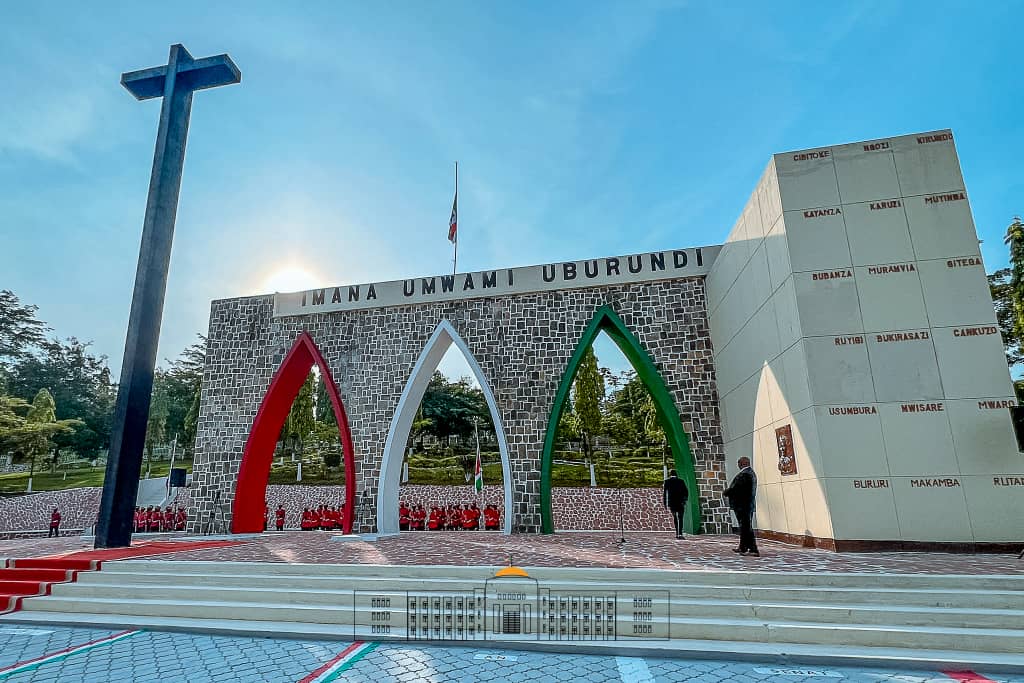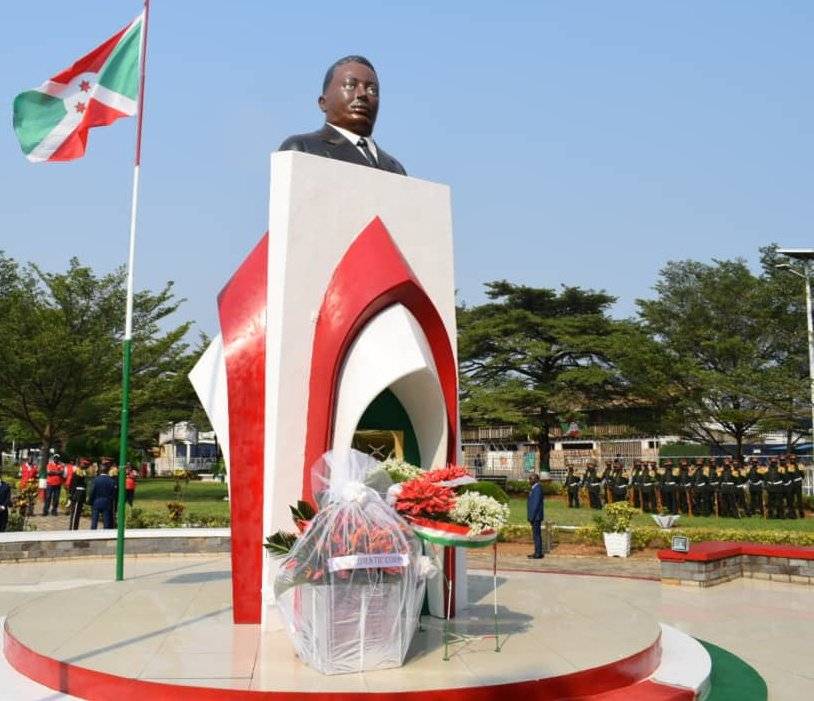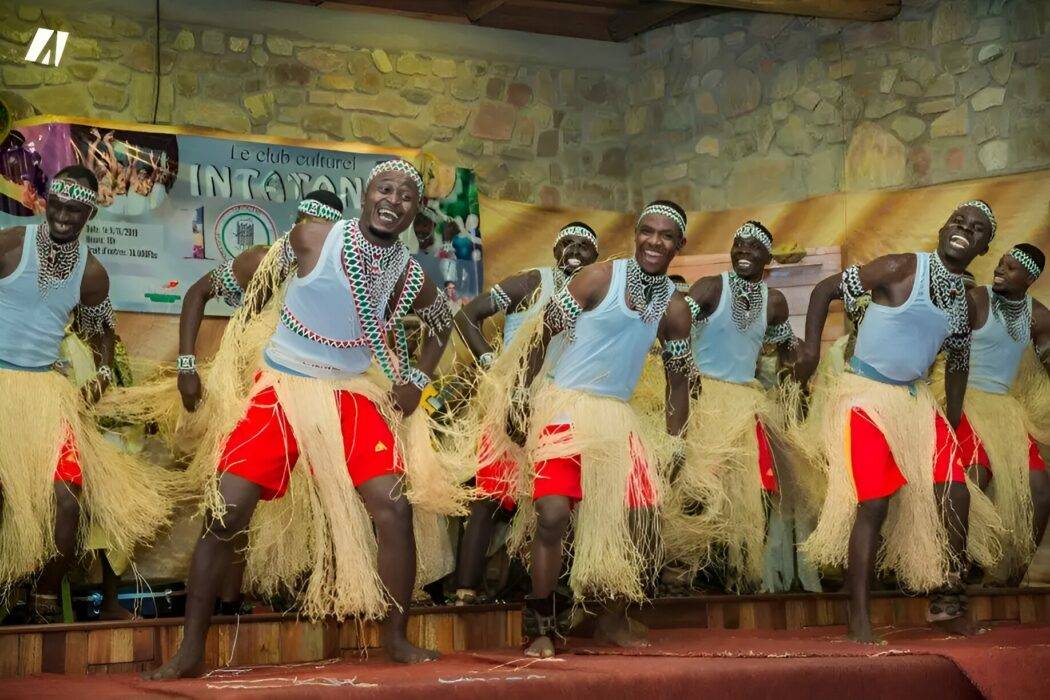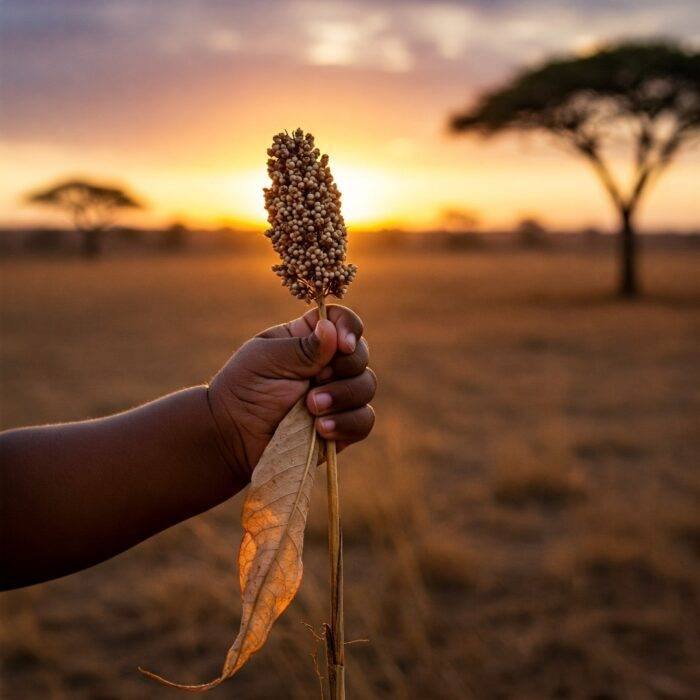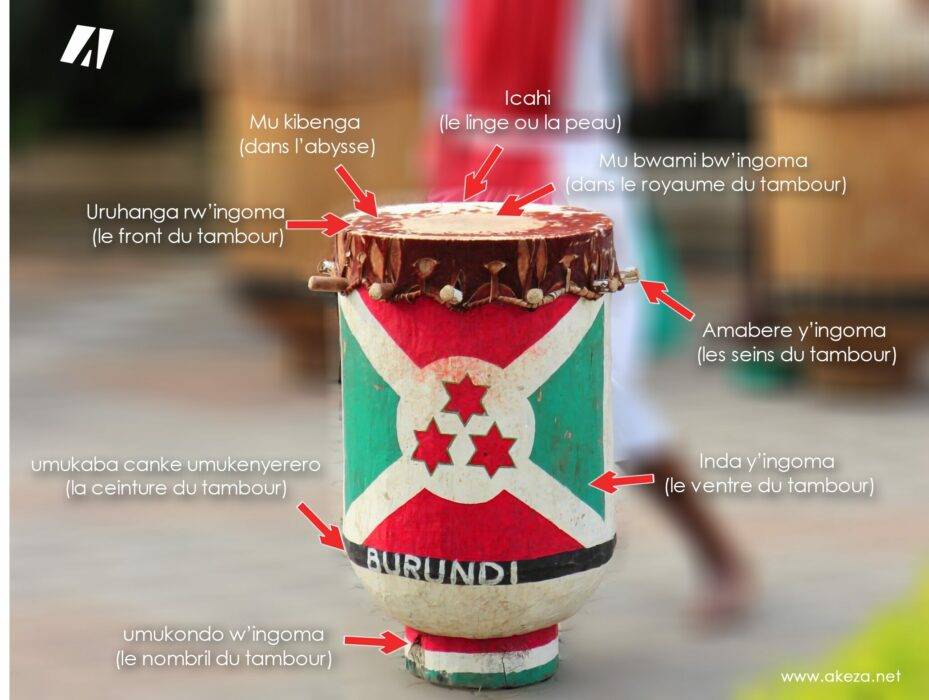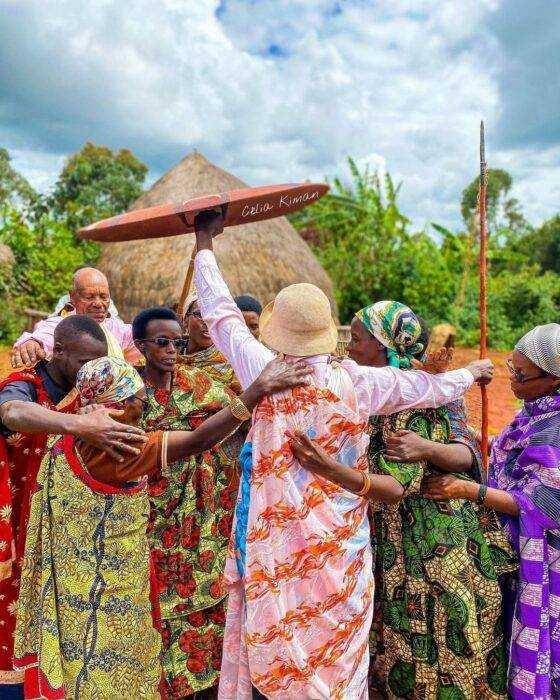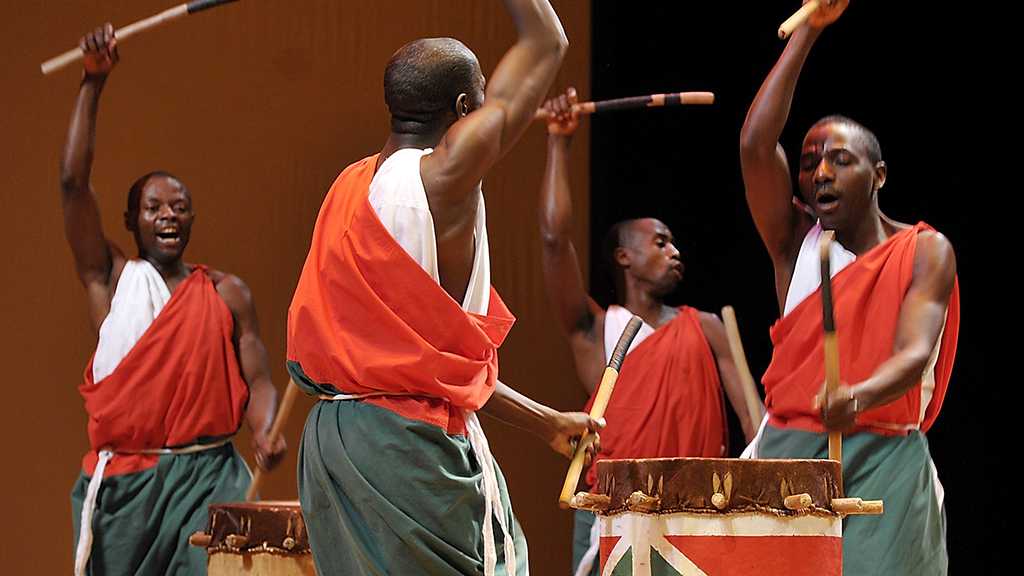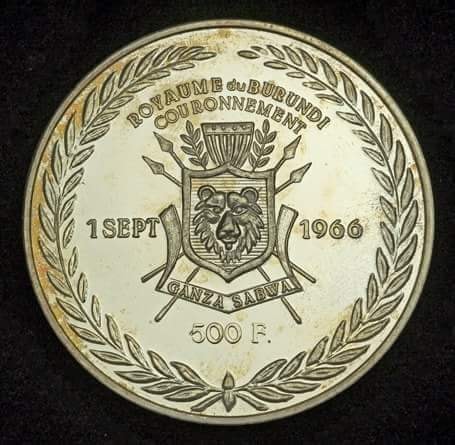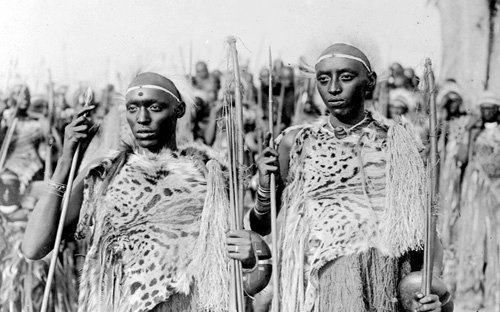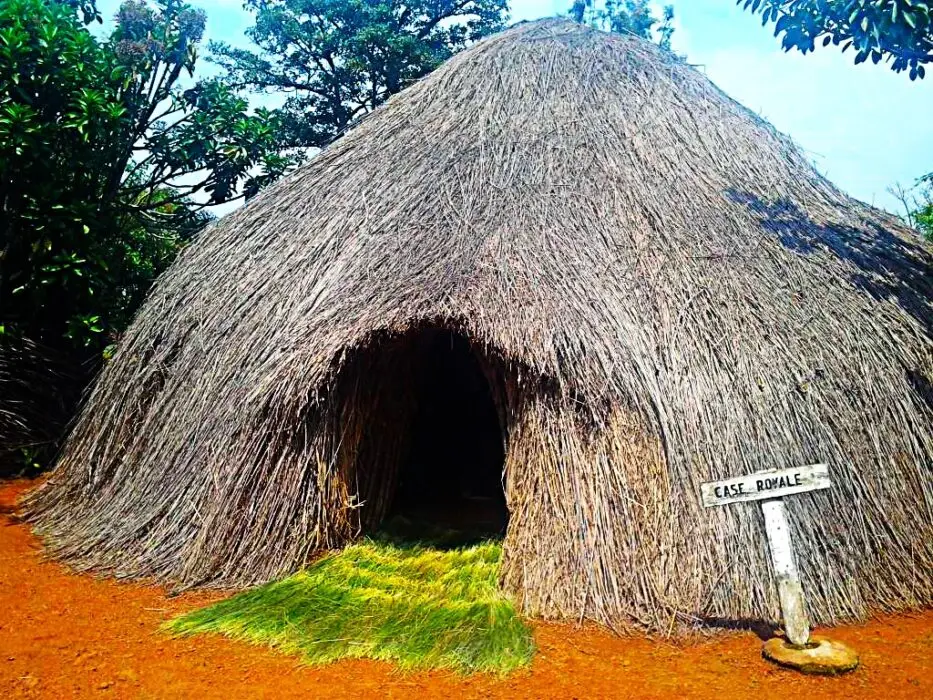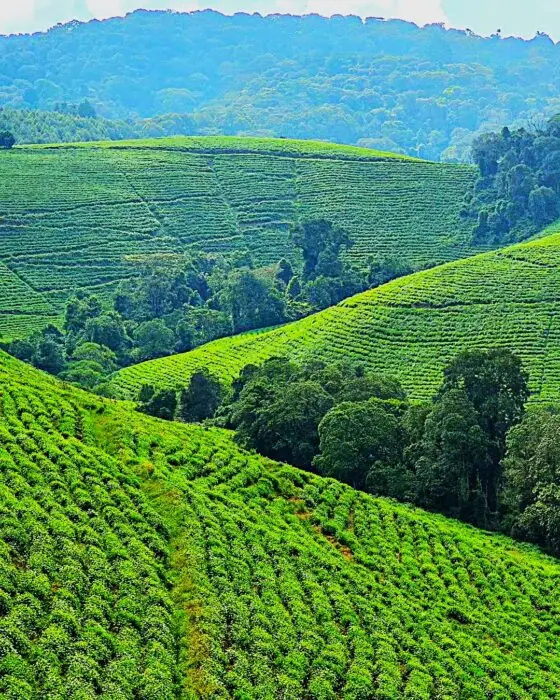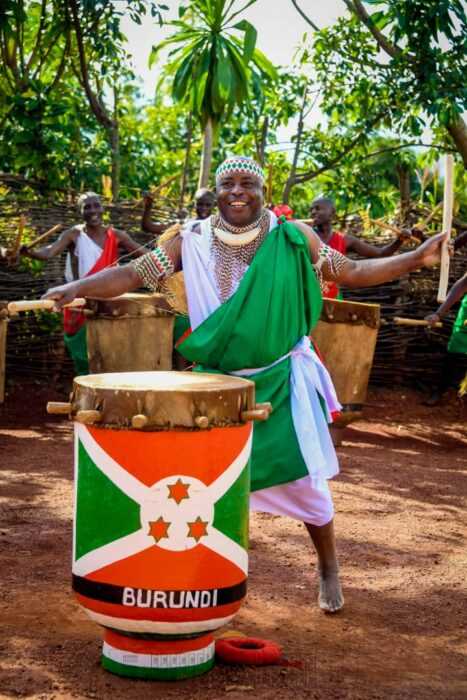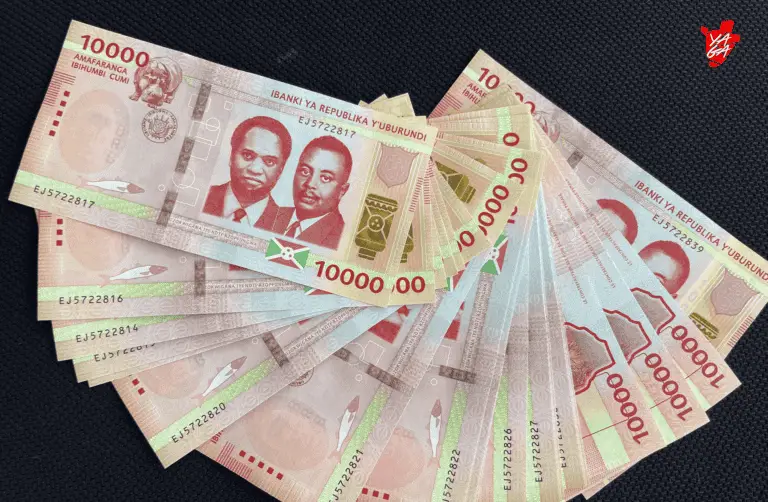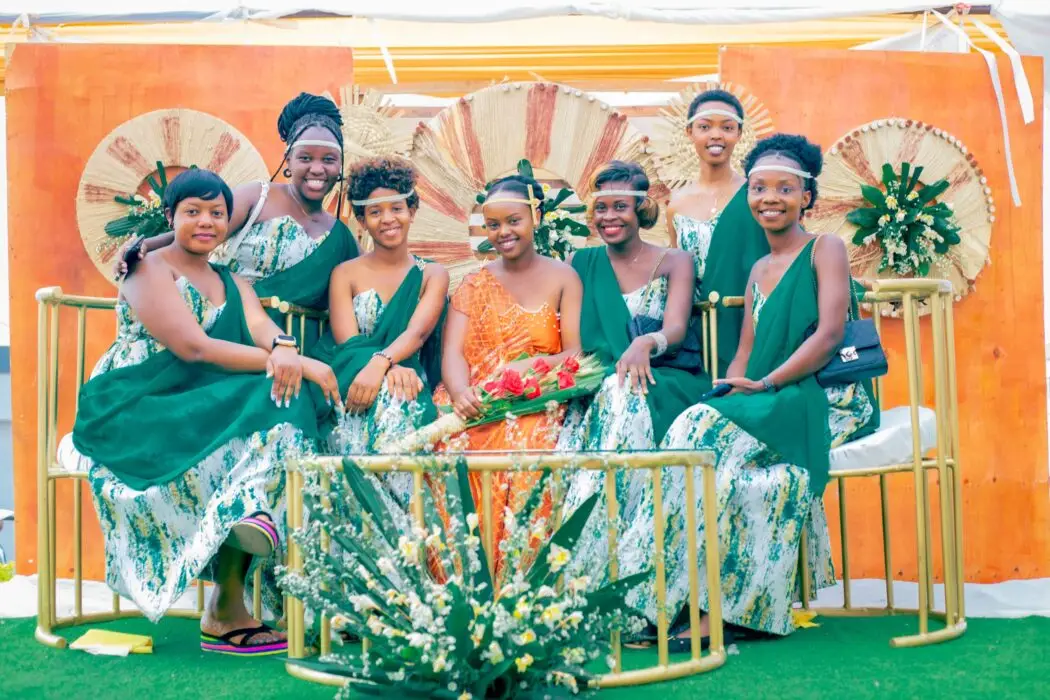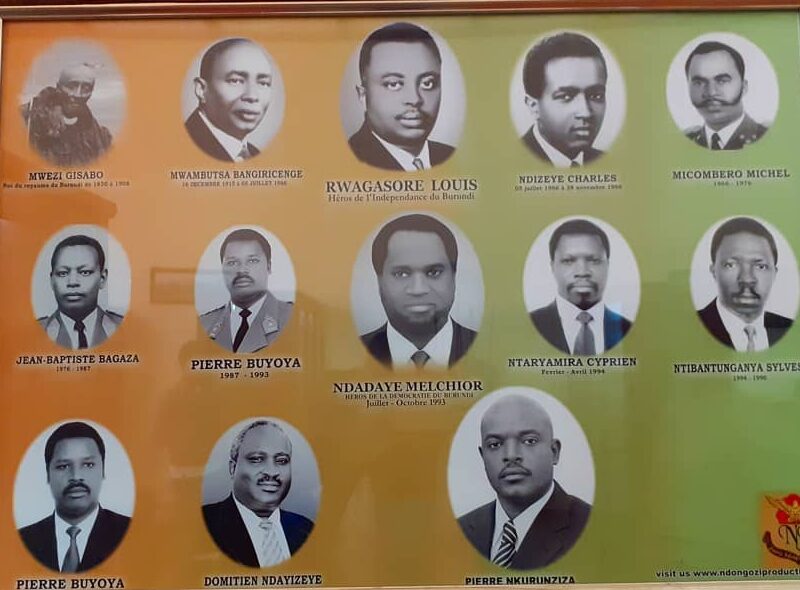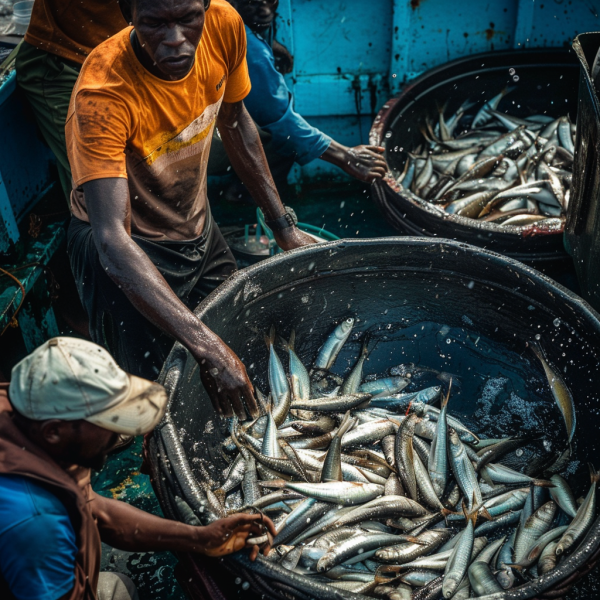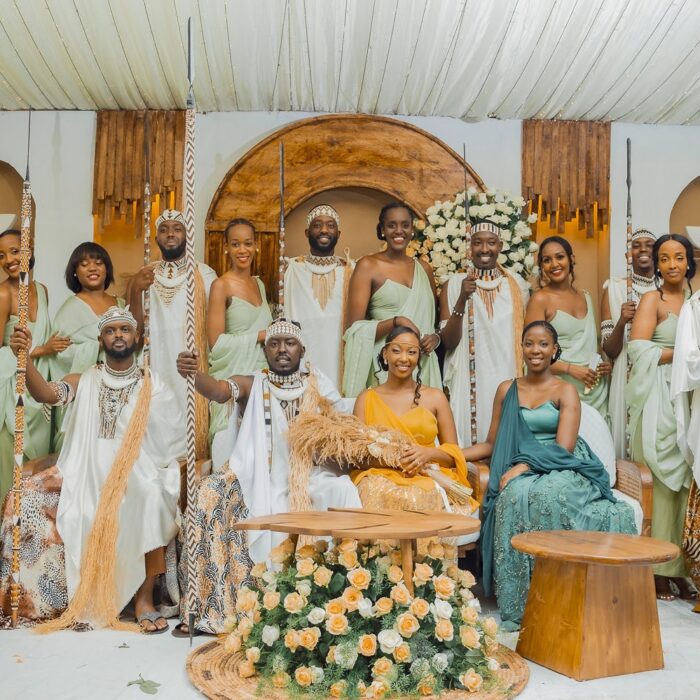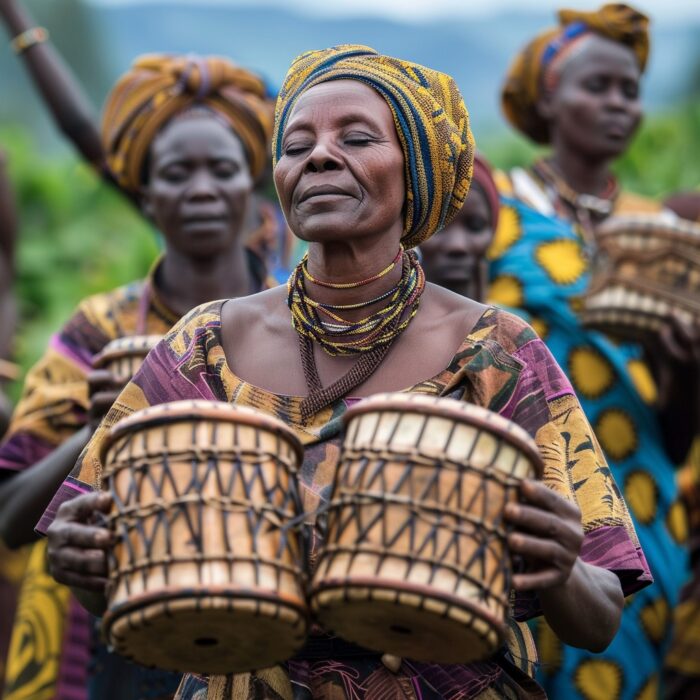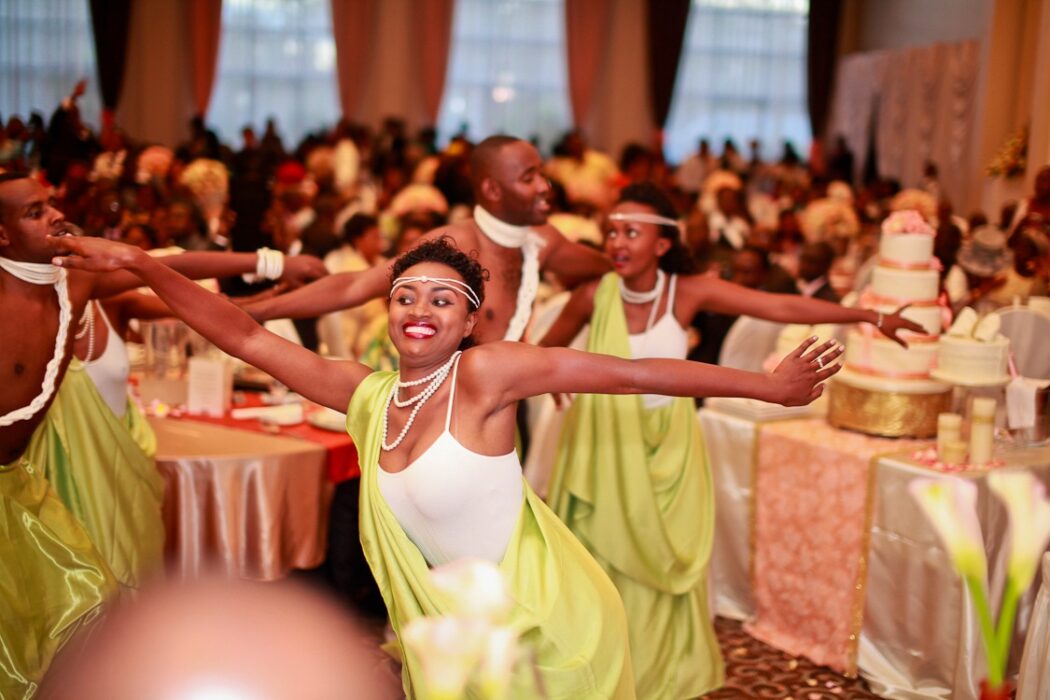Burundi Culture
-
In the heart of Bujumbura, in the historic Vugizo district, stands a national memorial: the Mausoleum of Prince Louis Rwagasore. More than a monument, it's a symbol of struggle, unity and hope for the people of Burundi. Who was Prince Louis Rwagasore? Son of King Mwambutsa IV, Prince Louis...
-
There are places that are not just made of stone, metal or cobblestones. Places that carry the memory of a people, the echoes of a struggle, the pride of a birth. In the heart of Bujumbura, Place de l'Indépendance is not just a traffic circle. It's a symbol. An anchor point...
-
Among Burundi's cultural treasures, the Agasimbo dance stands out for its energy, acrobatics and deep cultural significance. Originating in the south of the country, this masculine dance is a living symbol of Burundian identity. Origins and significance Agasimbo is a traditional dance performed mainly in the province of Makamba, particularly in the communes of...
-
In the history of Burundi, the monarchy was a hereditary regime surrounded by highly codified beliefs and rituals. Among these beliefs, the idea that the future king was born with seeds ("kuvukana imbuto" in Kirundi) in his right hand is one of the most striking. It symbolized fertility, the continuity of the kingdom and mystical legitimization...
-
In Burundi, the drum - called ingoma in Kirundi - occupies a central place in the country's culture and history. Much more than a simple musical instrument, it represents a living memory, a vector of national identity and a sacred object. Every part of the instrument is charged with meaning, often linked to the symbolism...
-
Kwamiganda-Karambi Eco-Cultural Heritage is a unique tourism project in the heart of the Mwaro province. This site offers total immersion in Burundi's ancestral heritage, while promoting an eco-responsible approach to tourism. The initiative is inspired in particular by Perpétue Miganda's book Trésors du Burundi ancestral, which highlights the importance of traditional knowledge and...
-
The East African country of Burundi is distinguished by its rich culture and deeply-rooted traditions. For travelers, understanding and respecting these social norms is essential to establishing positive interactions with the locals. Here's a guide to the most important aspects to be aware of before visiting this welcoming country. Respecting...
-
Burundian drums, emblems of Burundian culture and identity, continue to impress and captivate audiences around the world. Their resounding sound, a symbol of strength, resilience and harmony, has been at the heart of many high-profile international events. In this article, we explore some of the defining moments when...
-
The investiture of a king in Burundi, formerly known as Kwimikwa, was one of the most significant events in the kingdom's political and cultural life. Before colonization and the abolition of the monarchy in the 1960s, this ceremony was of paramount importance in the organization of Burundian society. It was not only a...
-
Burundi's monarchy, rich in history and tradition, plays a central role in the country's culture and national identity. This political system, which has evolved over the centuries, remains an important part of the country's culture despite recent political changes. An Ancestral Tradition Burundi's monarchy dates back several centuries....
-
The Kingdom of Burundi, located in the Great Lakes region of East Africa, has a rich and complex history that has shaped the culture and traditions of its people. Before colonial times, Burundi was a well-established kingdom, with a monarchy that lasted until the middle of the 20th century, even after...
-
The Royal Palace of Gishora, located in Burundi's Gitega province, is one of the country's most emblematic historical and cultural sites. The palace plays a crucial role in preserving Burundi's history and traditions. It is particularly well known as the home of the famous sacred drums, a key element in the...
-
The 600-hectare Teza tea plantations, located at the edge of the Kibira forest in the Burundi highlands, are one of the country's oldest and most emblematic tea estates. Founded in 1967, these plantations were established as part of the expansion of tea cultivation initiated by the colonists...
-
Burundian drums, often called "ingoma", are traditional percussion instruments that play a central role in Burundian culture. Their importance goes far beyond mere music; they are symbols of unity, national identity and the link with ancestors. Used in royal ceremonies, traditional rituals...
-
The Burundi franc (FBu) is the official currency of Burundi. Introduced in 1964, two years after the country's independence, it replaced the Ruanda-Urundi franc, which was used during the colonial period. Since its introduction, the Burundi franc has undergone many changes, reflecting the country's economic and political upheavals. Origins and Introduction...
-
La dot burundaise, connue sous le nom de « gusaba » en kirundi, est une pratique matrimoniale profondément enracinée dans la culture du Burundi. Elle consiste en une série de cadeaux offerts par la famille du futur marié à la famille de la future épouse. Cette tradition, bien que respectée par beaucoup, suscite des débats passionnés sur…
-
Marriage in Burundi is a cultural institution rich in traditions and rituals that mark the various stages of the union between two people. Here is an overview of the main practices surrounding marriage in Burundi: predot, dowry, marriage, gutwikurura, guca mwirembo, and guhekereza. 1. Predot The...
-
Burundi, a nation rich in history and culture, has been shaped by heroes whose contributions have left an indelible mark. Among these figures, Ntare Rushatsi Cambarantama, Mwezi Gisabo, Louis Rwagasore, Melchior Ndadaye and Pierre Nkurunziza stand out for their significant impact on the country. This article explores their careers in detail,...
-
Artisanal fishing in Burundi is a vital activity that provides a livelihood for many communities along the country's lakes and rivers.Burundi has a large share of Lake Tanganyika, one of the world's largest lakes. This vast aquatic space is a major source of livelihood for many of the country's...
-
Burundian traditional dress is a central element of Burundian identity and culture. They are not just clothes, but powerful symbols of the country's history and traditions. This article explores the traditional garments worn in Burundi, their cultural significance and their use in contemporary ceremonies. Traditional...
-
In the vibrant heart of Africa, Burundi embodies the Ubuntu philosophy, a principle that resonates deeply in Burundian culture and society. "I am because we are" is not just a saying; it is the foundation of daily life in Burundi, where community takes precedence over individualism. This article explores how...
-
In the heart of East Africa, Burundi boasts a rich cultural heritage, with traditional dances occupying a special place. These dances, far more than mere performances, reflect a nation proud of its history, weaving an indissoluble link between past and present. In this...

